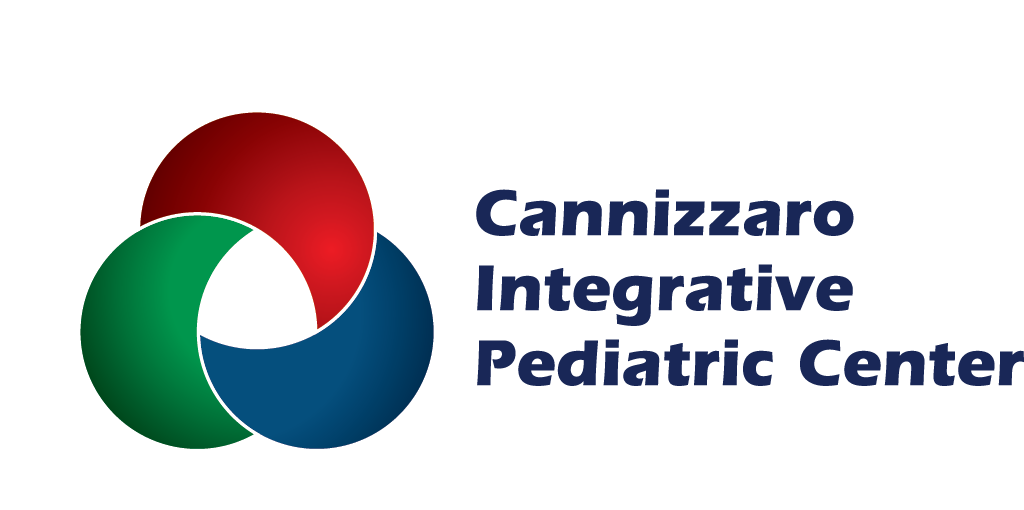
The teenage years are challenging for both parents and teens. It’s a time of self-discovery and often confusing change. Changes in academic success tend to stand out. A teen may be wondering, What’s wrong with me? and parents may suspect behavioral issues. It can be hard to know the difference between normal teenage challenges and underlying problems such as ADHD, anxiety and depression. If you find that your teen is suddenly not doing well in school, seems unmotivated or is no longer working at her potential, you may want to take a closer look before jumping to conclusions.
Why Does My Teen Suddenly Have ADHD?
The transition from elementary to middle school can uncover a child’s undiagnosed ADD/ADHD. Simply put, children have much more to handle in middle school. They have more teachers, books and assignments. They have to learn to juggle activities and exams. In the less rigorous elementary years, a very intelligent or gifted child can progress without raising any concerns. Often, children who have ADD without hyperactivity do not cause disruptions and remain undiagnosed until middle school.
As the workload gets harder in middle school, a child who didn’t have to try hard suddenly realizes he doesn’t have the focus necessary to continue succeeding. Trying harder yields little improvement because it is not lack of effort, but the brain’s inability to correctly balance neurotransmitters that is actually impeding the child’s progress. This unconscious obstacle to success may cause anxiety and depression and eventually the child may give up, miss assignments and exhibit other unwanted behavior.
Parents may misinterpret their child’s actions as rebellion, laziness or an unwillingness to live up to his potential. Or assume that he doesn’t care about schoolwork or is distracted by social media and socializing with friends since that’s where his focus goes. Parents often make things worse by applying pressure and insisting their child learn better coping skills. Coping skills won’t work if a teen’s brain won’t allow her to focus. Attributing these changes in the child to general anxiety disorder or depression doesn’t address the core problem, either. The core problem is ADHD, which is causing the symptoms of anxiety and depression because she cannot keep up even though she is trying very hard. The anger, power struggles and family friction can be avoided by first getting a proper diagnosis.
Is It Anxiety and Depression or ADD / ADHD?
Your teen must be evaluated by a professional. Generally, a teen with ADHD becomes anxious from being overwhelmed and worried that she isn’t able to keep up, whereas a child with anxiety suffers from “What if?” worries.
For example, if a child is anxious about taking a test to the point of vomiting, but studies for the test, takes the test in a timely manner and does well on it, it’s more likely the problem is anxiety related. That child would be worried over questions like, “What if I don’t do well?” A teen with ADHD may be anxious about the test and vomiting because he has not prepared enough or because he knows he won’t finish, as individuals with ADHD often need more testing time. You can see how seeking out mental health professionals would be most wise. They have the experience to ask the right questions and make distinctions between seemingly identical reactions to the same situation. Whether it is general anxiety disorder or ADHD causing anxiety and depression, you need a precise diagnosis in order to help your child address the root of her problem.
Pharmaceuticals for ADD / ADHD
Ideally, pharmaceuticals prescribed for ADHD should be seen as band-aid solutions. They work fast and are cheaper in the short run. If a teen is in danger of being removed from school or is facing an impending final exam week, then the short-term solution would be a pharmaceutical drug. There is no sense in the teen and family suffering unnecessary consequences of mismanaged neurotransmitters until a long-term solution can be applied. Of course, there are side effects to the pharmaceuticals. For example, drugs only temporarily change brain chemistry. Sometimes, when the drugs wear off, a teen “crashes” and becomes irritable and aggressive. Some doctors will prescribe a small dose at the end of the day to avoid the crash, but this dose can interrupt sleep. And interrupted sleep will only exacerbate the issue. You see the vicious cycle that can occur when relying on pharmaceuticals alone.
We would also be remiss if we didn’t address the rampant abuse of psychotherapeutic drugs. According to the 2016 National Survey on Drug Use and Health, 6.2 million Americans aged 12 or older misuse prescription psychotherapeutic drugs (pain relievers, tranquilizers, stimulants, and sedatives). The study revealed that an estimated 389,000 adolescents aged 12 to 17 misused prescription psychotherapeutic drugs at least once in the previous month. Stated another way, about 1 in 60 adolescents (1.6%) were current misusers of psychotherapeutic drugs at the time of the study. Many studies investigating the misuse of prescription drugs report that teens generally obtain drugs from family and friends. In one study, 70% of 12th graders said that they were given the drugs by a friend or relative. Finding non-drug alternatives can only help alleviate this problem by increasing the awareness of abuse and making drugs less available overall.
Drug-Free Solutions for ADD / ADHD, Anxiety and Depression
An integrative pediatric office such as ours would review a teen’s entire medical history and run special tests to determine the root cause(s) of a condition in order to formulate the best individualized treatment plan. Neurotransmitter and hormonal imbalances underlie many chronic health problems. Allergies, toxin exposure and emotional stressors may also be found at the root cause level of illness. Any imbalances in the gut must be brought back into harmony for the brain and the body to function properly; the gut and brain are constantly interfacing.
Neurofeedback is a type of therapy that measures brain activity and trains the brain to respond appropriately. It strengthens the brain and provides long-term relief that doesn’t wear off every day like drugs do. Neurofeedback not only provides the same degree of relief as pharmaceuticals, it can also help improve many other issues, including anxiety, obsessiveness, depression, lack of motivation, bedwetting and sleep problems. However, neurofeedback is more expensive than drugs, as it is not often a covered benefit with insurance companies. It also requires a commitment over time to conduct therapy sessions. Specific supplements may help build neurotransmitters and can accelerate the outcome of neurofeedback therapy.
Neither drugs nor neurofeedback constitute a total cure. Sometimes an individual will need a combination of pharmaceutical and non-pharmaceutical interventions in order to thrive most successfully. A comprehensive, individual health program is always the most direct path to both prevention and healing.
And at this time of teenage self-definition and personal growth, isn’t individual mental healthcare the most appropriate and desirable course of action?
 If you found this article interesting, have questions, or have always wanted to know more about neurofeedback therapy for anxiety, depression and ADHD, join us on Thursday, August 16, 2018 at 6pm where Dr. Sharon R. Thetford, Psy.D. will present this unique topic! (Adults only, please.)
If you found this article interesting, have questions, or have always wanted to know more about neurofeedback therapy for anxiety, depression and ADHD, join us on Thursday, August 16, 2018 at 6pm where Dr. Sharon R. Thetford, Psy.D. will present this unique topic! (Adults only, please.)
Image Copyright: racorn / 123RF Stock Photo





